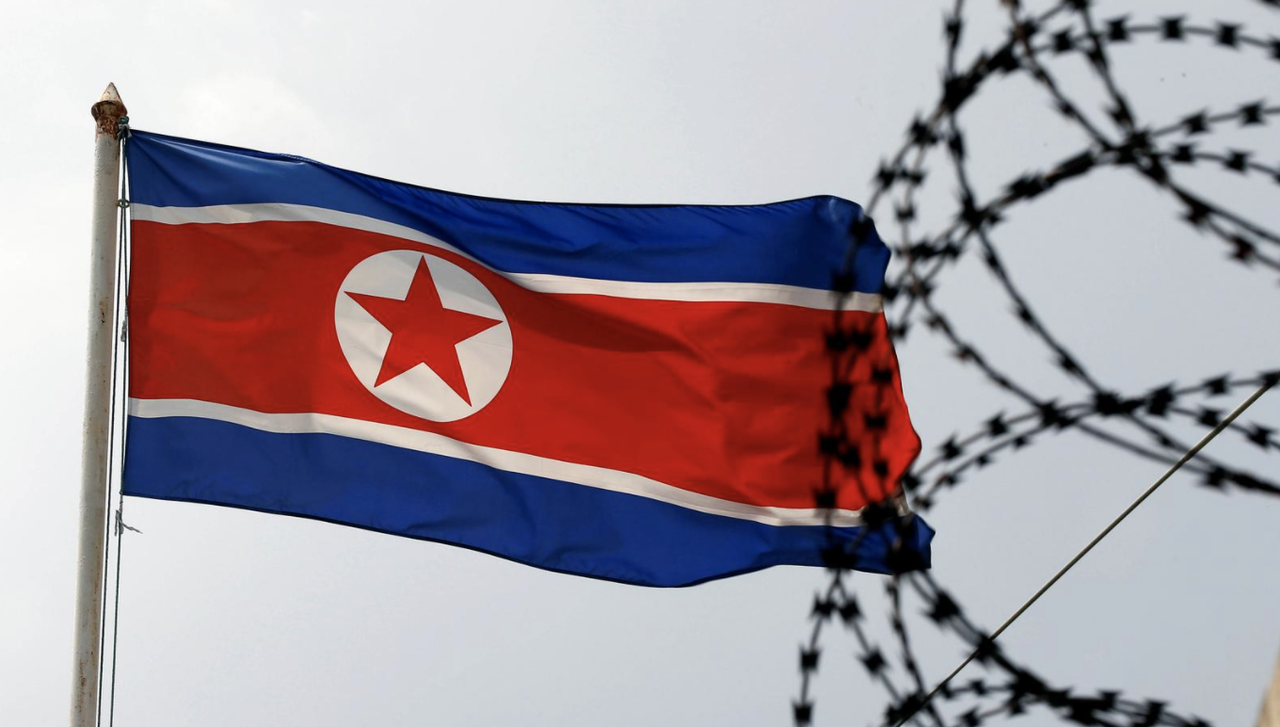Virtually overnight, the thaw in inter-Korea relations apparently ended, and hostility reemerged, as the North Korean leadership announced plans to cut off all communications, including an emergency hotline, in retaliation against South Korea allowing defectors to send propaganda leaflets back across the border.
For several days, North Korea has lashed out at the South Korea over the defector leaflets, which have been a semi-permanent feature of inter-Korea relations, and have long angered Pyongyang.
Over the past few days, the North hreatened to close an inter-Korean liaison office and other projects if the South does not stop defectors from sending leaflets and other material into the North. Several leaders quoted in the North Korean press said the “work” toward the south should change into “one against an enemy.”
Top government officials in North Korea, including leader Kim Jong Un’s sister, Kim Yo Jong, and Kim Yong Chol, vice-chairman of the Central Committee of the ruling Workers’ Party of Korea, determined “that the work towards the South should thoroughly turn into the one against an enemy,” KCNA said.
Officials began cutting communication lines at noon Tuesday (about 7 hours ago).
As a first step, at noon on Tuesday, North Korea will close lines of communication at an inter-Korean liaison office, and hotlines between the two militaries and presidential offices, the report said.
On Tuesday morning, North Korean officials did not answer a routine daily call to the liaison office, nor calls on military hotlines, a South Korean defence ministry spokeswoman told a briefing.
The routine calls between South and North Korea should be maintained as they are basic means of communication, said the South’s unification ministry, responsible for inter-Korean affairs.
The ministry said it will continue to follow the agreed principles and strive for peace and prosperity on the Korean Peninsula.
On Monday morning, North Korea did not answer the liaison phone call for the first time since 2018, though it later answered an afternoon call.
Though the North hasn’t confirmed a single COVID-19 case, many suspect that the outbreak has ravaged the North Korean economy while international sanctions continued to bite. One expert says the decision to cut off communication – “a well-worn tactic” – is a sign the North is trying to extract some relief from its neighbor.
Analysts said the move is likely about more than the defectors, as North Korea is under increasing economic pressure as the coronavirus crisis and international sanctions take their toll.
“North Korea is in a much more dire situation than we think,” said Choo Jae-woo, a professor at Kyung Hee University “I think they are trying to squeeze something out of the South.”
“Cutting communications is “a well-worn play for Pyongyang,” but one that can be dangerous, Daniel Wertz, of the U.S.-based National Committee on North Korea, said on Twitter.
“Regular communication channels are needed most during a crisis, and for that reason North Korea cuts them off to create an atmosphere of heightened risk,” he said.
North Korean propaganda insisted that the South had transgressed by allowing defectors to “hurt the dignity” of North Korea.
The people of North Korea have “been angered by the treacherous and cunning behaviour of the South Korean authorities, with whom we still have lots of accounts to settle,” KCNA said.
The report accused South Korean authorities of irresponsibly allowing defectors to hurt the dignity of North Korea’s supreme leadership.
“We have reached a conclusion that there is no need to sit face to face with the South Korean authorities and there is no issue to discuss with them, as they have only aroused our dismay,” KCNA said.
The decision follows a recent incident where Kim Jong Un, the supreme leader of North Korea, disappeared for weeks, prompting speculation that he was deathly ill.
